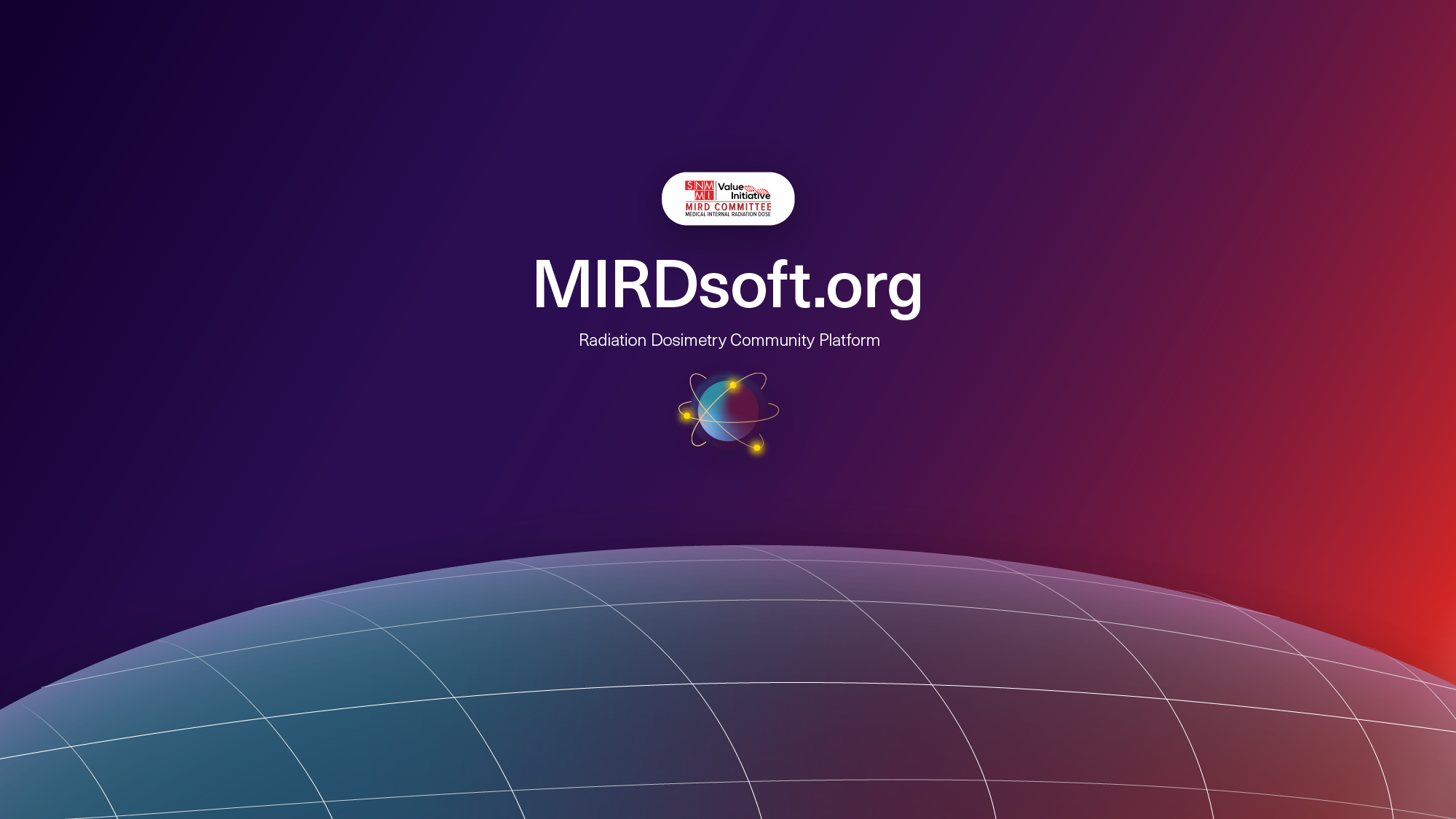


The (freely available) MIRDct software has been developed as a community tool for performing organ-level CT dosimetry. It facilitates dose estimations using a precomputed Monte Carlo-based dose library, accommodating a range of CT scanner models, collimation settings, kVp options, and tube current modulation (TCM) features. MIRDct incorporates an extensive library of 24 ICRP mesh-type phantoms spanning various ages, body habitus, and both sexes, with over 40 predefined organs and regions for dose evaluation. The software supports user-defined scan protocols, rapid calculation of organ doses, effective dose, and risk indices, and offers visualization and quality control functionalities for enhanced clinical and educational use.
More information can be found in the software manual.
 FAQ
FAQ
- MIRDct is freely available for download
- MIRDct is written/compiled in the Mircosoft Excel platform
- Features of MIRDct: dose coefficient database, flexible CT protocol selection, tube current modulation (TCM) modeling, integration with mesh-type phantoms, graphical user interface, dose uncertainty propagation, and visual output for dose distribution and organ-specific metrics
- Future versions are expected
 Reference Publications
Reference Publications
MIRDct: a computed tomography dosimetry software – initial development and overview
Juan Ocampo Ramos, Lukas Carter, Adam Kesner, Pat Zanzonico, Cameron Kofler, Sean Domal, Robert Dawson, Jared Baggett, Wesley Bolch
Journal of Nuclear Medicine Aug 2022, 63 (supplement 2) 2654;
https://jnm.snmjournals.org/content/63/supplement_2/2654
 Documentation & Instruction Manuals
Documentation & Instruction Manuals
Document manual (version 1.0.0.0)
 System Requirements
System Requirements
MIRDct is written and compiled within Microsoft Excel, and runs in the Excel environment. A licensed version of Microsoft Excel must be installed on the host computer.
Currently, MIRDct has only been developed to work on a PC.
 Acknowledgements & Authors
Acknowledgements & Authors
The MIRDct software is a product of an ongoing collaboration between University of Florida, Gainesville, FL, USA and Memorial Sloan Kettering Cancer Center, New York, USA.
This research was part of a funded project support by the NIH U01 EB028234 grant.
Major contributors to this development of this software include:
Juan C. Ocampo Ramos (MSKCC)
Adam L. Kesner (MSKCC), Lukas M. Carter (MSKCC), Harry Marquis (MSKCC), Gunjan Kayal (MSKCC), Pat B. Zanzonico (MSKCC), Cameron Kofler(UF), Sean J. Domal(UF), Robert Dawson(UF), Jared Baggett(UF), Laura E. Dinwiddie (UF), Wesley E. Bolch(UF)
 MIRDct user notes
MIRDct user notes
Software use notes

You must be logged in to post a comment.